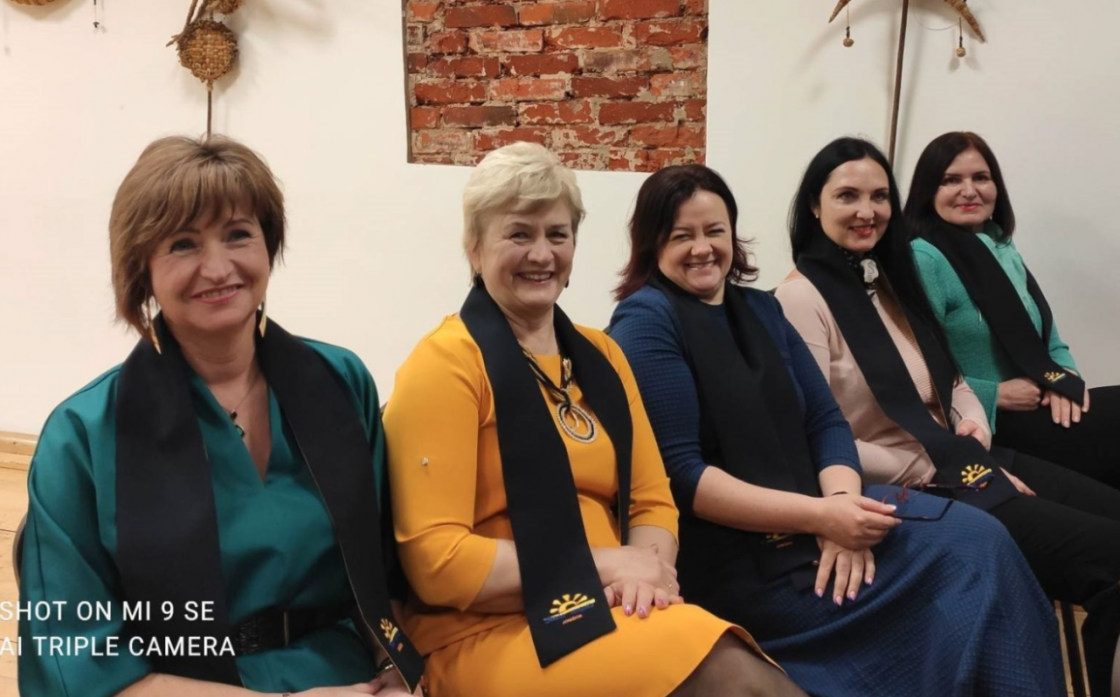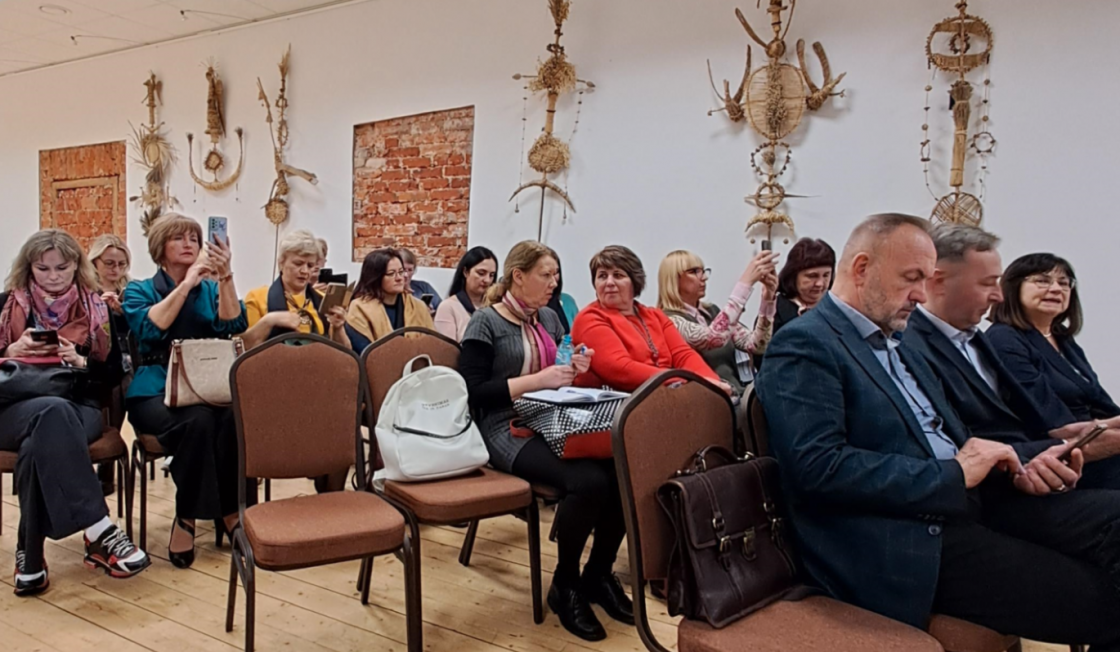Training in Lithuania.

The training of the ECO-IN project “Algorithm of new ecological approaches for inclusion” continues in Lithuania.
After the initial training of ECO-IN for the schools that are part of the experimental group of the project and which took place in Barcelona, each of the institutions has continued the training in their own territory.
The ECO-IN Lithuania team, on April 13, held the second training of the project in Dovalí, Klaipėda district. Where appropriate, the presentations emphasized inclusive education, teamwork, joint efforts and equal engagement with all learners, not just children with special educational needs, which is of particular importance.
These formations have been attended by representation of the faculty, representatives of the families of students, political technicians of education and social services.
During the training, the concept of ecological environmental systems that influence the development of a child was presented by the representative of Klaipėda District Municipality Irena Barbšienė, special educators of Gargždai Minija Progymnasium Jūratė Klizaitė and Audronė Leketienė, social educators Guoda Donylė and Asta Bulvydienė, and speech and language therapists Virga Damulienė and Daiva Jankauskienė, who spoke and presented their daily challenges in the field of inclusive education. Finally, Aušra Jančiauskienė, a parent representative and mother of a child with special needs herself, shared her sensitive story.
The presentations emphasised inclusive education, teamwork, joint efforts and equal commitment to all pupils and not only to children with special educational needs, is of particular significance.
Based on the speakers’ contributions, it became clear that although quite a lot is being done in inclusive education in the Klaipėda district, politicians’ perception of the achievements in this field differs greatly from the actual situation. There is a severe lack of staff (sign language teachers, special educators, speech therapists, psychologists) for sensory rooms, and elevators for children with mobility disabilities. What is more, there is no plan in place for the continuity of the education of children with special needs after they leave school. The discussion also highlighted another sensitive issue: the lack of psychological support for the teachers themselves. Following the training, the participants visited Dovilai Primary School.
After this training, each school has developed its roadmap to continue advancing in the optimization of inclusion in its community.


